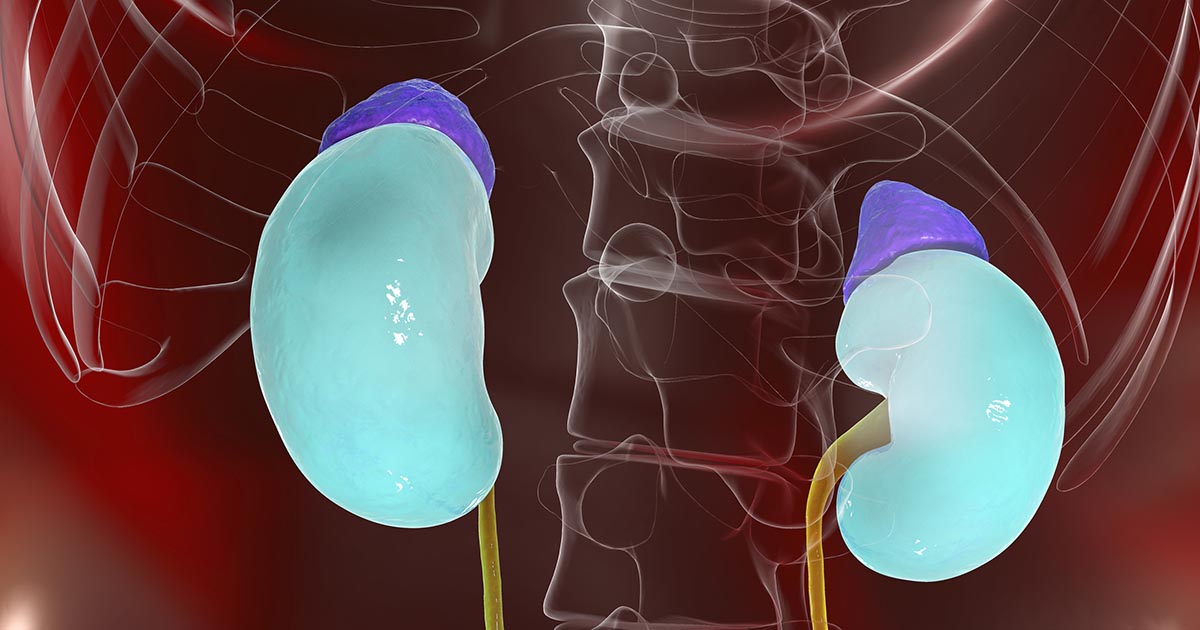What Causes Kidney Pain?
Renal Vein Thrombosis

The renal veins branch off of an individual's inferior vena cava to their kidneys and drain oxygen-poor blood out of the kidneys. When a blood clot develops in one or both renal veins, it is referred to as renal vein thrombosis. Discomfort and kidney pain near the lower ribs and pain in the hips can be indicative of renal vein thrombosis. Blood may back up in the affected adjacent kidney and result in bloody urine. There are numerous causes of renal vein thrombosis, including tumors, back injury, nephrotic syndrome, hereditary blood clotting disorders, and others. A diagnostic CT scan, Doppler ultrasonography, urinalysis, venography, MRA, and MRI may be utilized to diagnose and implicate renal vein thrombosis as a cause of kidney pain. Some clots in the renal veins can be dissolved with the help of medication, while others may require surgical excision. Some individuals with severe renal vein thrombosis that has caused significant kidney tissue damage may need temporary dialysis to help restore kidney function.
Get more details on the reasons why kidney pain might occur now.